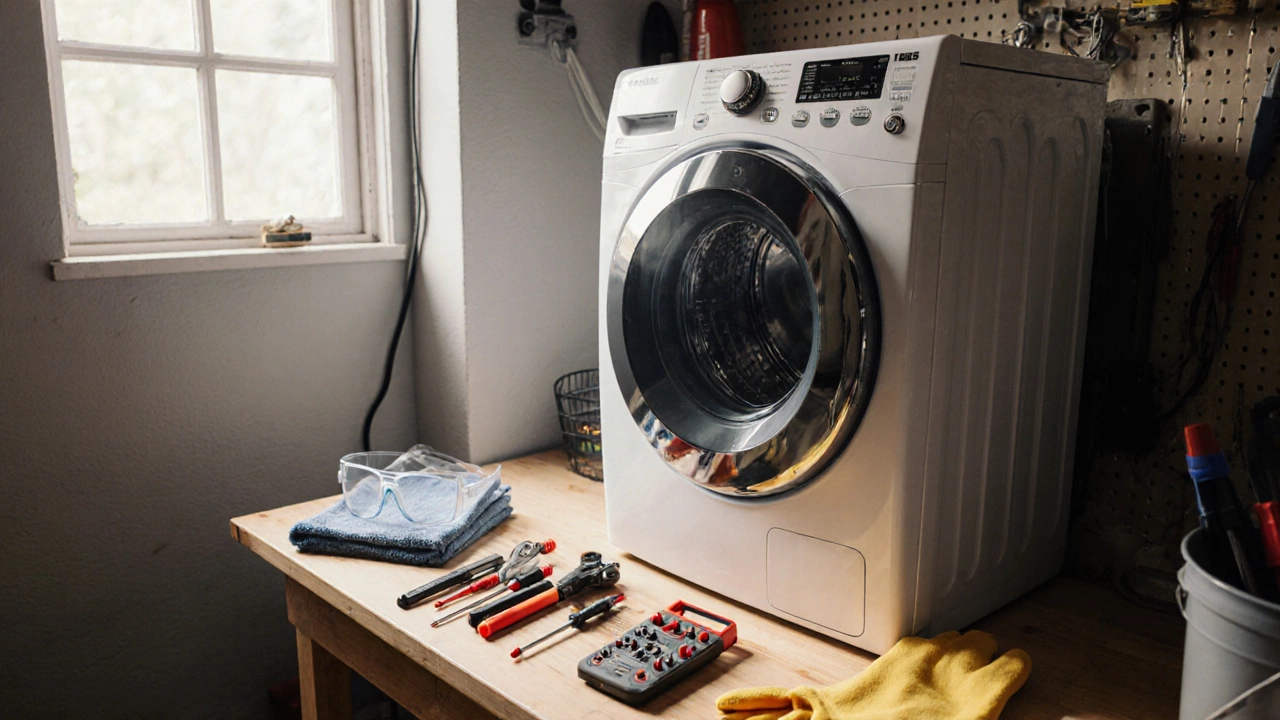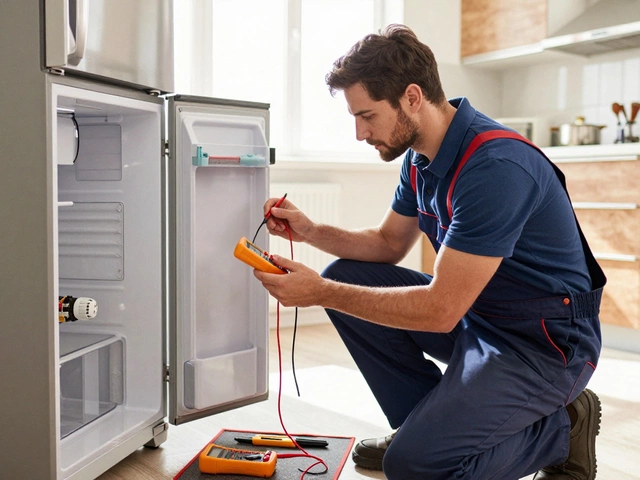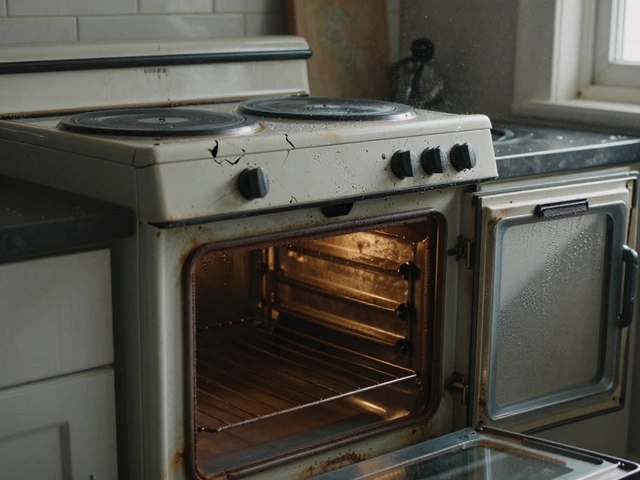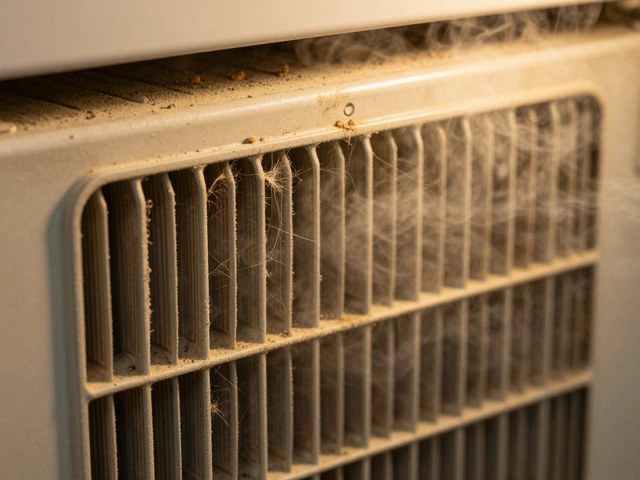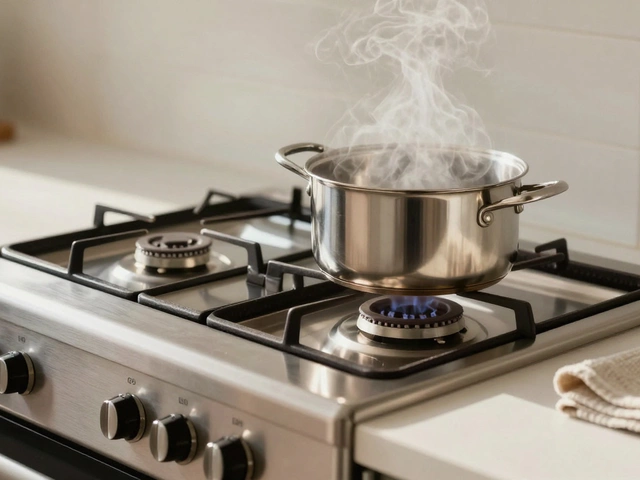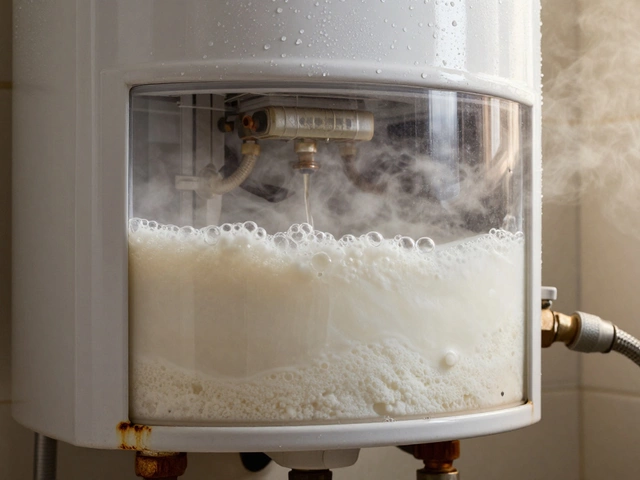Washing Machine Repair: Quick Tips to Keep Your Laundry Running
If your washer suddenly stops spinning, leaks, or makes weird noises, you’re probably wondering what to do next. The good news is many issues are easy to spot and fix without calling a tech. Below are the most common problems, simple DIY steps, and the signs that it’s time to let the professionals take over.
Common Washing Machine Issues
First, let’s run through the faults you’ll hear about most often. A machine that won’t turn on is often a power or plug problem – check the socket, the fuse, and the cord for damage. If the drum spins but the water won’t fill, the inlet valve might be clogged or the water supply is shut off. Leaking water usually means a hose is loose, the door seal is cracked, or the pump is failing.
Another frequent complaint is a noisy machine. Rattling can be caused by foreign objects (coins, buttons) stuck in the drum or pump. A squealing sound often points to worn bearings or a loose belt. Lastly, a washer that won’t spin or drain typically has a blocked pump filter, a broken drive belt, or a faulty lid switch.
DIY Fixes & When to Call a Professional
Before you grab the phone, try these quick fixes. For power issues, reset the circuit breaker and test another appliance in the same outlet. If that works, the problem is likely the washer’s own cord or internal fuse – replace the cord if it’s frayed.
To stop leaks, tighten any loose hose connections and inspect the door gasket for tears. A simple rubber gasket replacement can save you a major repair bill. For a noisy drum, unplug the machine, tilt it slightly, and look inside the drum for foreign items – a coin can cause a loud clunk each spin.
If the washer won’t drain, locate the pump filter (usually behind a small hatch at the front bottom), place a towel underneath, and clean out lint, hair, or debris. After cleaning, run a short cycle to see if the water empties correctly.
When you notice any of these signs, it’s wise to call a professional: persistent leaking from the back, a burning smell during operation, continuous error codes on the display, or a machine that won’t even start after you’ve checked power and connections. These issues often involve electrical components, sealed pumps, or internal seals that need specialist tools.
At Weymouth Appliance Repair Services we specialize in washing machine repair for homes across the UK. Our technicians can diagnose hidden faults, replace worn parts, and get your washer back to peak performance. We aim for same‑day service whenever possible, so you don’t have to go without clean clothes for long.
Remember, regular maintenance can keep many problems at bay. Leave the door open after each wash to let the drum dry, clean the lint filter monthly, and run an empty hot‑water cycle every few weeks to clear any buildup. These small habits add years to your machine’s life and reduce the need for costly repairs.
So next time your washing machine acts up, start with the easy checks above. If the problem persists, give Weymouth Appliance Repair Services a call – we’ll sort it out quickly and affordably.
DIY Washing Machine Repair: Step‑by‑Step Guide
- Alden Wilder
- Oct 18 2025
- 0 Comments
Learn how to safely diagnose and fix common washing machine problems at home with step‑by‑step guides, tools list, and a quick repair checklist.
View MoreLongest Average Lifespan of a Washing Machine: How Long Will Yours Last?
- Alden Wilder
- Jul 23 2025
- 0 Comments
Curious about how long washing machines last? Find out the longest average lifespan, what affects it, interesting facts, and tips to keep yours running strong.
View MoreIs a 7-Year-Old Washing Machine Worth Fixing?
- Alden Wilder
- Mar 6 2025
- 0 Comments
Deciding whether to repair or replace a 7-year-old washing machine involves weighing costs, potential lifespan, and energy efficiency. This article explores key considerations in making the best choice for your laundry routine and budget. From understanding average repair costs to newer technology benefits, gain insights to help make an informed decision. Plus, get tips on assessing your machine's current condition. Read on to see if your trusty washer deserves another spin or if it's time for an upgrade.
View More